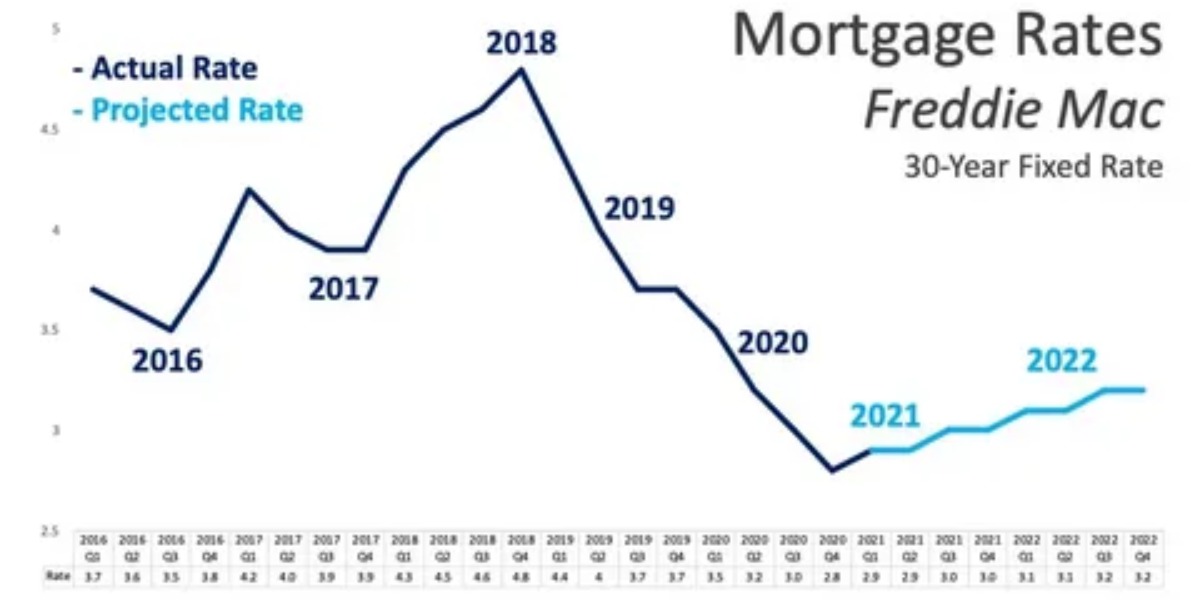Securing the Best Interest Rates on Mortgage Loans: A Comprehensive Guide
Buying a home is a significant milestone, and securing the right mortgage loan with favourable interest rates is crucial for your financial well-being. Understanding the intricacies of mortgage interest rates empowers you to make informed decisions that can save you thousands of dollars over the life of your loan.
Understanding Mortgage Loans: A Brief Overview

Mortgage loans are financial instruments used to purchase real estate. They typically involve borrowing a large sum from a lender, which is repaid over time, often spanning decades. A vital component of any mortgage is the interest rate, which determines the cost of borrowing.
Importance of Interest Rates in Mortgage Loans
Interest rates play a pivotal role in determining the affordability of your mortgage. Even a slight difference in interest rates can translate into significant savings or expenses over the life of the loan. Therefore, securing the best possible interest rate is essential for minimizing the overall cost of homeownership.
Factors Influencing Mortgage Interest Rates

Several factors influence mortgage interest rates, including economic conditions, inflation, the Federal Reserve’s monetary policies, and the borrower’s creditworthiness. Understanding these factors can help you anticipate fluctuations in interest rates and make informed decisions.
Types of Mortgage Loans Available
Various types of mortgage loans are available, including fixed-rate mortgages, adjustable-rate mortgages (ARMs), government-insured loans, and specialized loan programs tailored to specific demographics or purposes. Each type has its interest rate structures and terms, so exploring your options is essential.
Researching the Best Interest Rates: Where to Start

Research different lenders and loan products to search for the best interest rates. Utilize online tools and resources to compare rates from multiple lenders, keeping in mind that advertised rates may not always reflect your actual rates.
Comparing Mortgage Lenders and Rates
When comparing mortgage lenders and rates, consider the lender’s reputation, customer service, loan terms, closing costs, and interest rates. A thorough evaluation of these factors will ensure you choose a lender that meets your needs.
The Impact of Credit Scores on Mortgage Interest Rates
Your credit score plays a significant role in determining the interest rate you qualify for. Lenders use credit scores to assess your creditworthiness and determine the risk of default. Generally, borrowers with higher credit scores are offered lower interest rates, while those with lower scores may face higher rates or difficulty qualifying for a loan.
Tips for Improving Your Credit Score

If your credit score is less than ideal, there are steps you can take to improve it before applying for a mortgage. Paying bills on time, reducing debt, and correcting errors on your credit report can all help boost your score and qualify you for better interest rates.
Negotiating Interest Rates: What You Need to Know
Don’t hesitate to negotiate with lenders to secure the best possible interest rate. Research comparable rates, leverage your creditworthiness, and consider enlisting the help of a mortgage broker to negotiate on your behalf.
Fixed vs. Adjustable Rate Mortgages: Pros and Cons

When choosing between fixed-rate and adjustable-rate mortgages, weigh the pros and cons of each option carefully. While fixed-rate mortgages offer stability and predictable payments, adjustable-rate mortgages may start with lower interest rates but carry the risk of future rate increases.
Government Programs Offering Low-Interest Mortgage Loans
Explore government-sponsored programs such as FHA, VA, and USDA loans, often offering competitive interest rates and flexible eligibility requirements. These programs can particularly benefit first-time homebuyers or those with limited financial resources.
Understanding APR: More Than Just the Interest Rate

In addition to the interest rate, consider the annual percentage rate (APR) when evaluating mortgage offers. The APR reflects the total cost of borrowing, including interest, points, and other fees, and provides a more accurate picture of the loan’s affordability.
Finalizing Your Decision: Closing Costs and Other Considerations
Before finalizing your mortgage loan, carefully review the closing costs and other fees associated with the loan. Factor these costs into your budget to ensure that the loan remains affordable in the long term.
Securing the best interest rates on mortgage loans requires careful research, planning, and negotiation. By understanding the factors that influence interest rates, comparing lenders and loan products, and exploring all available options, you can maximize your chances of finding a mortgage loan that meets your needs and saves you money in the long run.
Click here for more visited Posts!





